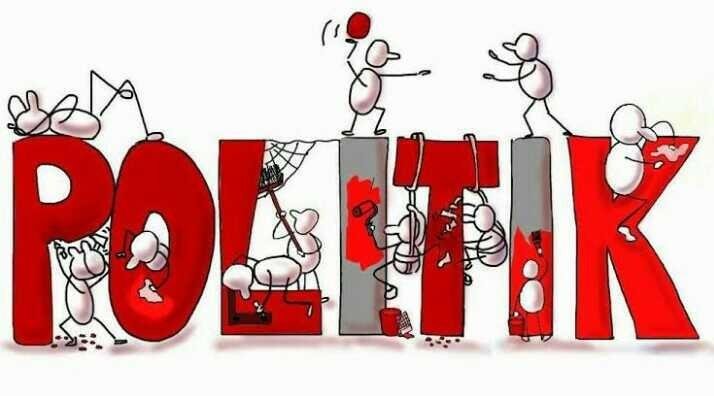
[ image screenshot ]
Political Nature
Politics is the process of formation and distribution of power within the community which among others tangible decision-making process, especially in the country. This notion is an attempt to merge between different definitions of the political nature known in political science.
Politics is the art and science to gain power in a constitutional and nonconstitutional way.
In addition, politics can also be viewed from a different point of view, namely:
Politics is an attempt by citizens to realize the common good (Aristotle's classical theory)
Politics is related to governance and state administration
Politics is an activity directed to gain and maintain power in society
Politics is everything about the process of formulation and implementation of public policy.
In the context of understanding politics, it is necessary to understand some of the keys, among others: political power, legitimacy, political system, political behavior, political participation, political process, and equally important to know the ins and outs of political parties.

[ image screenshot ] # Political Relations and Education
Education and politics are two important elements in the socio-political system in every country, both developed and developing countries. Both are often seen as separate parts, which each other has no connection whatsoever. In fact, both shoulder to shoulder in the process of forming the characteristics of society in a country. Moreover, the two mutually supportive and complementary institutions and educational processes play an important role in shaping the political behavior of people in that country. There is a close and dynamic relationship between education and politics in every country. The relationship is an empirical reality that has occurred since the beginning of the development of human civilization and the attention of scientists.
PendidIkan often used as media and container to instill the ideology of the State or bone that sustains the political framework. In Western countries the study of the relationship between education and politics was initiated by Plato in his Republic who discussed the relationship between ideology and state institutions with educational purposes and methods.
Plato demonstrates in the book that in Hellenic culture, school is one of life's aspects associated with political institutions. Plato describes a dynamic relationship between educational activity and political activity. Both sides of two sides of a coin, can not be separated. Plato's analysis has laid the foundations for the study of political and educational relationships among the next generation of scientists.
In the words of Abernethy and Coombe (1965: 287), education and politics are inextricably linked (education and politics bound without bias being separated). Reciprocal relationships between politics and education can occur through three aspects: group attitudes, employment, and political roles of the intelligentsia.
In a more advanced and technologically-oriented society, and adopting western values and institutions, the pattern of relationships between education and politics changes from traditional to modern patterns. In many developing countries, where the influence of modernization is very strong. If politics is understood as the practice of power, power and authority in society and authoritative decisions about the allocation of resources and social values (Harman 1974: 9), then it is clear that education is nothing but a political business.
It affirms that education and politics are two things that are closely related and mutually influential. In other words, various aspects of education always contain political elements. On the contrary, every political activity is related to aspects of education.